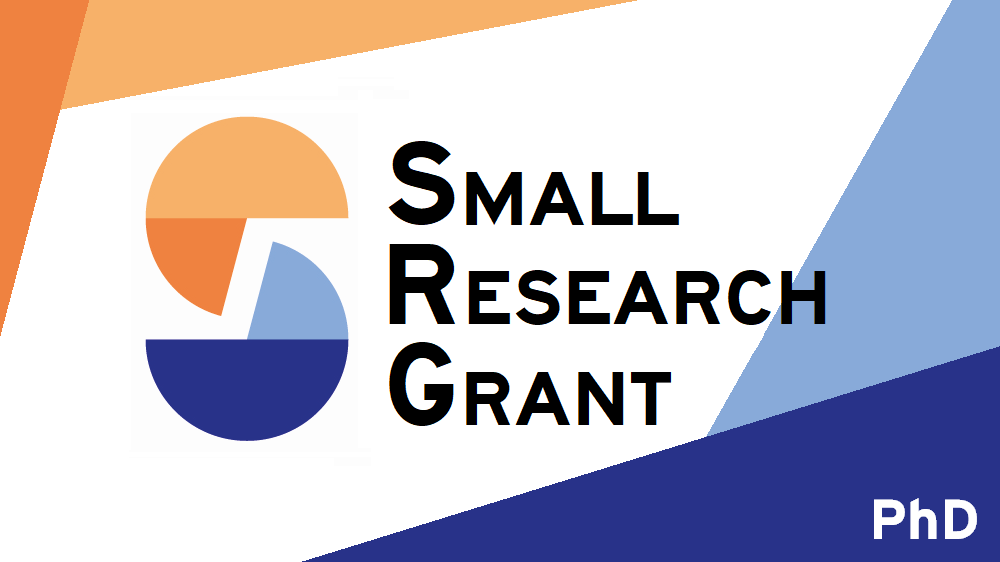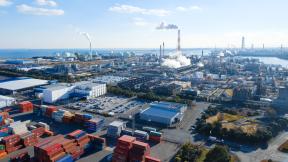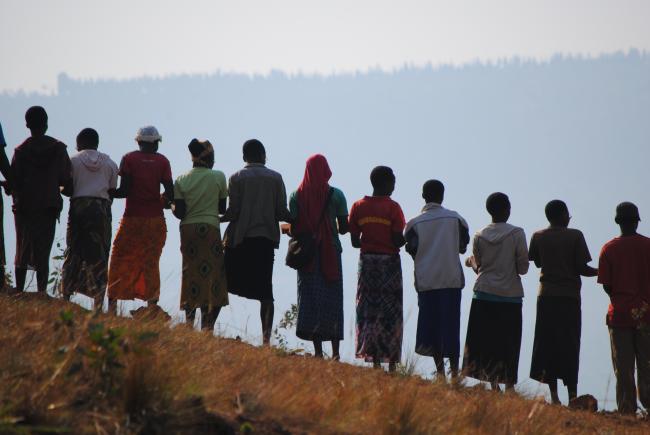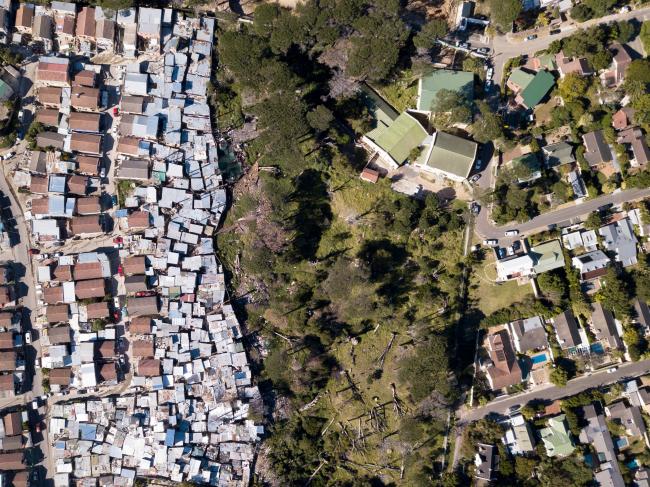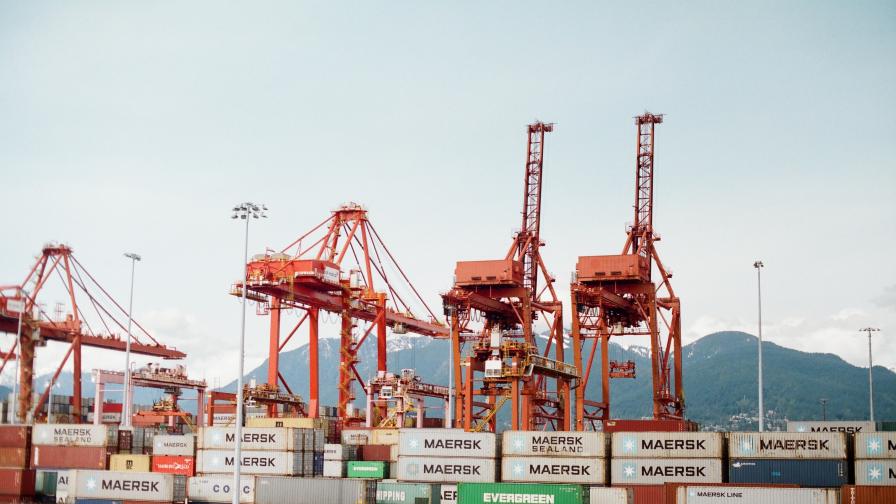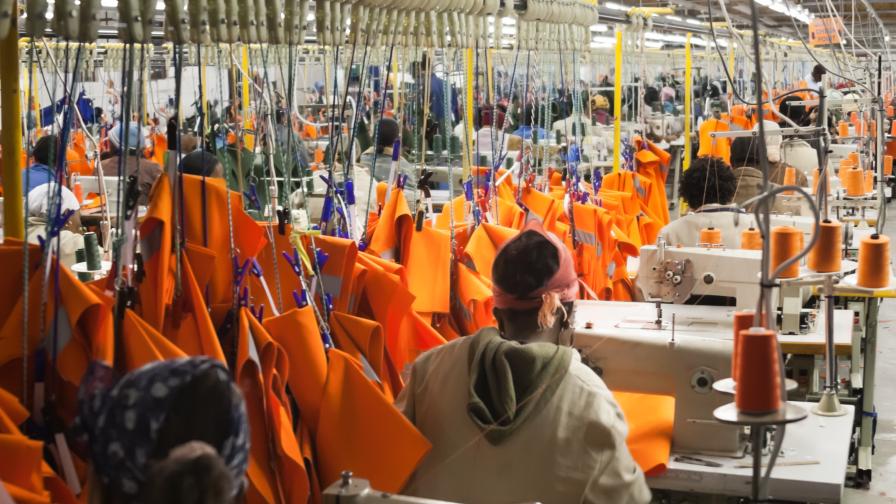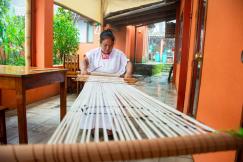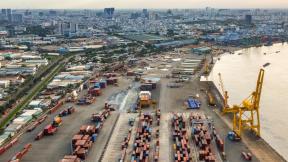Attracting Foreign Direct Investment (FDI) constitutes an important pillar of the economic development strategies of many developing countries. A key motivation behind this policy is to generate positive effects on the domestic economy through the interaction of foreign entrants with domestic firms by establishing local supply-chain relations. The presence of spillover effects from FDI firms on local businesses has been confirmed in the literature. However, the context and channels under which spillover effects from FDI on domestic firms manifest remain contentious. Whereas some firms in the host country will benefit from the presence of foreign investors through increases in demand, knowledge spillovers from customers, and efficiency gains due to newly available inputs, firms that only indirectly interact with an entrant may be negatively affected through business-stealing, increased competition, bottlenecks in the supply of intermediate inputs, or market-power exerted by an FDI entrant (Javorcik 2004). The nature and direction of the effect depends on the type of relationship a domestic firm builds with an FDI entrant. This project therefore analyses how the position of FDI entry in the network of input-output interactions of firms in a developing country shapes spillover effects on domestic firms.
The project uses an administrative firm-level dataset of the formal economy of Rwanda including firm-to-firm transactions over a period of 10 years. Estimating the decomposed spillover effects from foreign entrants using statistical methods is challenging since the different channels of spillover affect domestic firms simultaneously. Instead, this project develops a structural model of a production network that includes those channels of spillover effects from an entrant firm to the domestic economy. This model is then used to estimate parameter values for the different channels. The model approach furthermore allows to conduct policy experiments where introducing an entrant in different positions within the economy’s production network yields heterogeneous effects for domestic firms.
Rwanda provides an excellent case study for the contextuality of FDI spillovers since the country has attracted a wide variety of foreign investment in recent years. The types of investment range from agricultural and mining-related projects to the assembly of relatively technology-intensive goods - such as motorized vehicles - to investment in service activities - notably surrounding hospitality and hosting of events and conventions. In such a broad context of foreign investment activities, understanding the different channels of spillover to the domestic economy poses both a challenge and an opportunity to researchers and policymakers alike. The results of the project could inform the activities of investment promotion agencies in Rwanda and other developing economies allowing them to target their efforts to firms that create the largest positive spillovers for their domestic economies.
